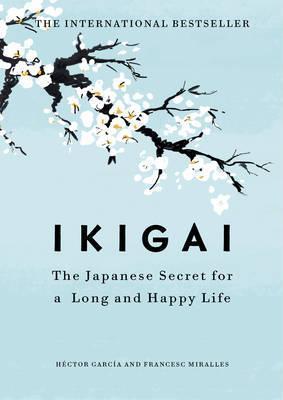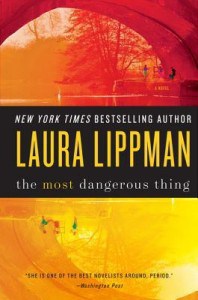Occasionally I looked at the sky, where the stars were fading and the pink light of the morning was beginning to spread behind a dark bank of clouds. But my mind clung to my wife’s image, imagining it with an uncanny acuteness. I heard her answering me, saw her smile, her frank and encouraging look. Real or not, her look was then more luminous than the sun which was beginning to rise.
A thought transfixed me: for the first time in my life I saw the truth as it is set into song by so many poets, proclaimed as the final wisdom by so many thinkers. The truth that love is the ultimate and highest goal to which man can aspire. Then I grasped the meaning of the greatest secret that human poetry and human thought and belief have to impart: The salvation of man is through love and in love. I understood how a man who has nothing left in this world still may know bliss, be it only for a brief moment, in the contemplation of his beloved. In a position of utter desolation, when man cannot express himself in positive action, when his only achievement may consist in enduring his sufferings in the right way — an honourable way — in such a position man can, through loving contemplation of the image he carries of his beloved, achieve fulfillment.
— Man’s Search for Meaning by Viktor E. Frankl
 How do I understand how I stumbled upon three books on discovering life’s meaning when I am between jobs?
How do I understand how I stumbled upon three books on discovering life’s meaning when I am between jobs?
I read Viktor E. Frankl’s Man’s Search for Meaning and Matt Haig’s Reasons To Stay Alive a couple of months ago, and I finished Héctor García and Francesc Miralles’ Ikigai this evening. They all are unlike many inspirational speakers, who hire ghost writers, and whose books fill our heads with insecurity and inadequacy. The authors of all the three books take me on a road that is free of traffic and pollution. The road is bordered by enormous trees and when I walk slowly with the authors, I can hear the birds’s songs. They chirp, “Discover your life’s meaning in your own time. It’s okay. There is no hurry.”
Ikigai is my reason for being. What do I want to do with this wild, wild thing called life? Mary Oliver asked that question, didn’t she? But Ikigai is not about the question that recruiters pose — Where do you see yourself in the next five years?
Oh! How I wish I could make them understand the beauty and agony of impermanence, how I wish I could laugh at the naivety of that question, how I wish I could tell them that I see myself loving my family more, reading more books, making more Zen-doodles, writing more, lifting more weights, bicycling more, discovering more hobbies, helping more animals, meditating more, relating more stories, eating well, sleeping for 7.5 hours, drinking three litres of water a day, eating more fruits, watching stars and sunsets and moonbeams, meeting more strangers, listening more to friends, smiling more, hugging more, moving more, collecting more feathers, observing more synchronicities, writing letters, being more vulnerable, being more antifragile, boarding more planes and buses and trains, taking more deep breaths…
Oh! How I wish this list could never end!
How I wish I could tell them that that is my Ikigai!
The book Ikigai asks me to take life one day at a time and to invest time and love in what illuminates my soul. There are urgent things like money and financial security; the urgent things will be heard if the important things are addressed. It might sound like a reductionist’s idea, it might sound absurd to take one step at a time, but time is relative, isn’t it?
Life will slow down and reach me like waves, one after the other, when I slow down, when I pause, when I listen. That is my Ikigai. That is enough.
One evening, when we were already resting on the floor of our hut, dead tired, soup bowls in hand, a fellow prisoner rushed in and asked us to run out to the assembly grounds and see the wonderful sunset. Standing outside we saw sinister clouds glowing in the west and the whole sky alive with clouds of ever-changing shapes and colors, from steel blue to blood red. The desolate grey mud huts provided a sharp contrast, while the puddles on the muddy ground reflected the glowing sky. Then, after minutes of moving silence, one prisoner said to another, “How beautiful the world could be!”
— Man’s Search for Meaning by Viktor E. Frankl
Advertisements Share this:





